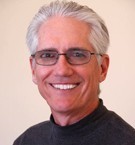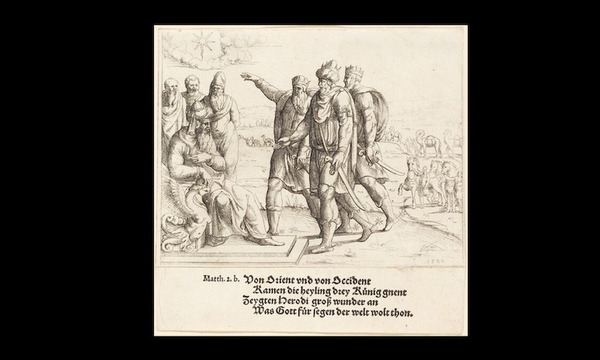If we’ve learned anything about Romans in recent years from the New Perspective folks, it is that Romans is not just about me and God. It’s also about me and you. Paul, in fact, leverages many of the familiar soteriological truths that we typically associate with the book of Romans in the service of what I take (at least in part) to be an ecclesiological agenda. The church at Rome was apparently divided along ethnic lines. Paul’s letter to the Romans represents (among other things) the apostle’s concerted effort to address the issue, in order to restore some inter-racial harmony in the congregation.
You cannot read very far in Paul’s letters without coming to grips with the fact that the trans-ethnic nature of the people of God under the New Covenant is very near and dear to the great apostle’s heart. As Paul expressed it in Galatians, ‘in Christ’ (and by that Paul surely also meant in Christ’s church) ‘there is neither Jew nor Greek.’
Just last week I was struck, once again, by just how unnatural—or, perhaps better, supernatural—Paul’s vision for the church as a trans-ethnic, surrogate family really is. I was jogging on the sand near the ocean, and I came across a flock of birds sitting on the beach. This is a common sight in Hermosa Beach, but these ‘bird parties,’ as my kids used to call them, usually consist of a single type of bird, the familiar seagulls we see throughout our beach communities here in Southern California.
This time, instead of a single flock of gulls, however, four kinds of birds had invited themselves to the party. Along with two distinct kinds of seagulls, there was also a group of gorgeous terns sitting just a few feet away from a collection of cool-looking sandpipers. But the different species didn’t mix with one another. Nope. They sat on the beach, in close proximity to one another, closely bunched together into their respective ‘ethnic groups,’ aggressively defending their borders whenever a member of one species dared to encroach upon the territory of another.
How natural! We even have a saying for it. Birds of a feather flock together. The sad thing is that we humans, like those birds, tend strongly to gravitate toward ‘people like us.’ And (also like those birds) we snip and snap at people who are not like us, when we think they are encroaching upon our territory. Indeed, history, past and present, is littered with the tragic fallout of what seems to be a natural tendency on the part of fallen human beings to fight to the death, in order to preserve blood and race, nation and homeland, that is, to protect ‘people like us’ from ‘people like them.’
This is what makes Paul’s vision for the church such a radical, world-changing project. As Paul saw it, in the death of Jesus, God had utterly defeated the demonic powers and principalities that divide us one against another. At the cross Jesus had once and for all destroyed the dividing wall of enmity between Jew and Gentile. God did this, Paul tells us, in order to make the two ethnic groups into ‘one new man’ (Ephesians 2), a ‘new humanity,’ as recent writers have expressed it.
Now here is what I find astounding. Paul claims that God wants to make this miracle—the miracle that everyone is now welcome at God’s banquet table—known to ‘the rulers and authorities in the heavenly places.’ And God wants to do so ‘through the church’ (Ephesians 3)!
Wow! It’s like Paul is saying to us, Proclaim to the demonic powers that they have been defeated! Live together in community as a multi-ethnic family of brothers and sisters in Christ! Show the whole universe—yes, even Satan and his demons—that our God reigns!
Now that, I submit to you, is something to live for. But let’s not be naïve about the challenges facing such a project. No one says it’s gonna be easy. In our flesh we much too naturally continue to gravitate toward people like us. But real Christian community—world-changing community—demands that we draw upon the supernatural power of the Holy Spirit to share life together in our local churches with people who are not like us.
But wait. Maybe we’re missing Paul’s point here. As it turns out, those people in our churches who are not like us are actually more like us than anyone else in the world. For they—like us—name the name of Jesus. And because of that, they are our brothers and sisters in this supernatural entity we call the family of God.
C’mon! Get with The Program! Let’s let those powers and principalities know that they’re done, they’re over, they’re history, they’re kaput. Let’s let ‘em know that Jesus has won. Let’s be the church that God intends us to be.
 Biola University
Biola University

.jpg)

.jpg)